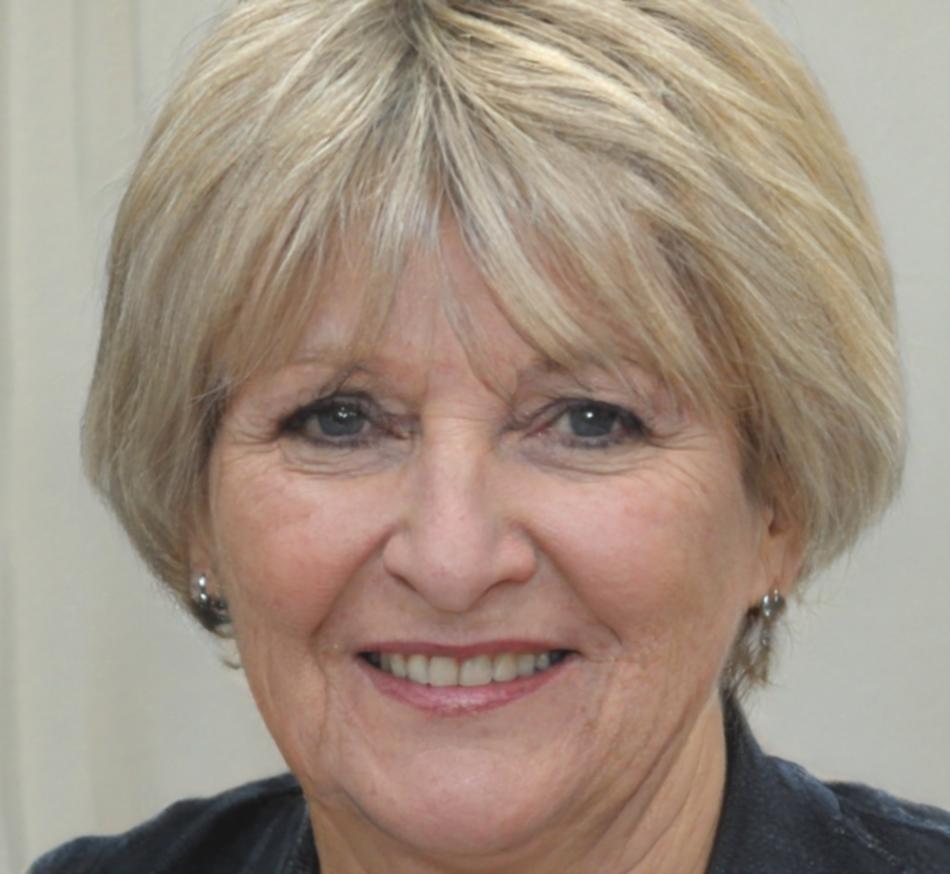We Started With One Simple Question
Back in early 2019, a group of us sat around a coffee shop in Cairns wondering why solid financial analysis felt so inaccessible to regular investors. The textbooks were dense. The courses were expensive. And most training assumed you already knew half the jargon before you started.
From Frustration to Foundation
What started as casual conversations turned into something more concrete by mid-2019. We weren't satisfied with surface-level investment advice or trendy market predictions. We wanted to teach people how to read financial statements properly—how to spot value buried in balance sheets, understand cash flow patterns, and make informed decisions based on actual company fundamentals.
Our first workshop in late 2019 had seven participants. We spent four hours dissecting annual reports and explaining why certain ratios mattered more than others. The feedback was simple: "Finally, something that makes sense."

Building Something Different
By 2020, we'd refined our approach. Instead of rushing through theory, we focused on practical application. Students brought real companies they were curious about. We'd pull up the latest 10-K filings and work through them together—line by line when needed. Some sessions ran long because someone asked a good question. That was fine. Better to understand one concept thoroughly than skim ten poorly.
We've never been interested in promising quick wins or guaranteed returns. Financial analysis is about building a skill set that compounds over time. You get better at spotting red flags. You develop intuition for which numbers deserve closer scrutiny. And you learn to separate genuine business quality from clever accounting.

Who's Behind This
We're a small team based in Cairns who genuinely care about financial literacy. No corporate hierarchy, just people who enjoy breaking down complex financial concepts into digestible pieces.

Freja Lindqvist
Lead Financial Educator
Freja spent nearly a decade working in equity research before deciding she'd rather teach than write reports nobody read. She has a particular talent for explaining why certain accounting choices matter and how to spot them in filings. Her sessions on cash flow analysis tend to be the ones students reference months later.
Outside of work, she's usually hiking somewhere around the Tablelands or attempting to grow vegetables that survive the tropical climate. Results vary.
What Guides Our Work
These aren't corporate values we stuck on a wall. They're principles that actually shape how we design our programs and interact with students.
Depth Over Speed
We'd rather spend three hours properly understanding revenue recognition than rush through twelve accounting concepts. Fundamental analysis isn't a checklist—it's a skill you develop through deliberate practice. Our programs reflect that reality, even when it means covering less ground than flashier alternatives.
Real Companies, Real Analysis
Every session involves actual financial statements from companies you can look up. We use recent filings, not sanitized textbook examples. Sometimes the numbers are messy or confusing. Good. That's what you'll encounter when analyzing investments on your own, so you might as well learn to navigate it now.
Honest About Limitations
Fundamental analysis is powerful, but it doesn't predict the future. We teach you how to assess business quality and value, not how to time markets or guarantee returns. If someone's promising that, you should probably walk away. We focus on building skills that serve you across different market conditions and company situations.
Accessible Without Being Simplistic
Financial concepts can be taught clearly without dumbing them down. We avoid unnecessary jargon, but we don't pretend complex topics are simple. When something requires careful thought—like understanding deferred tax assets or evaluating goodwill—we take the time to work through it properly. Accessible education doesn't mean shallow education.